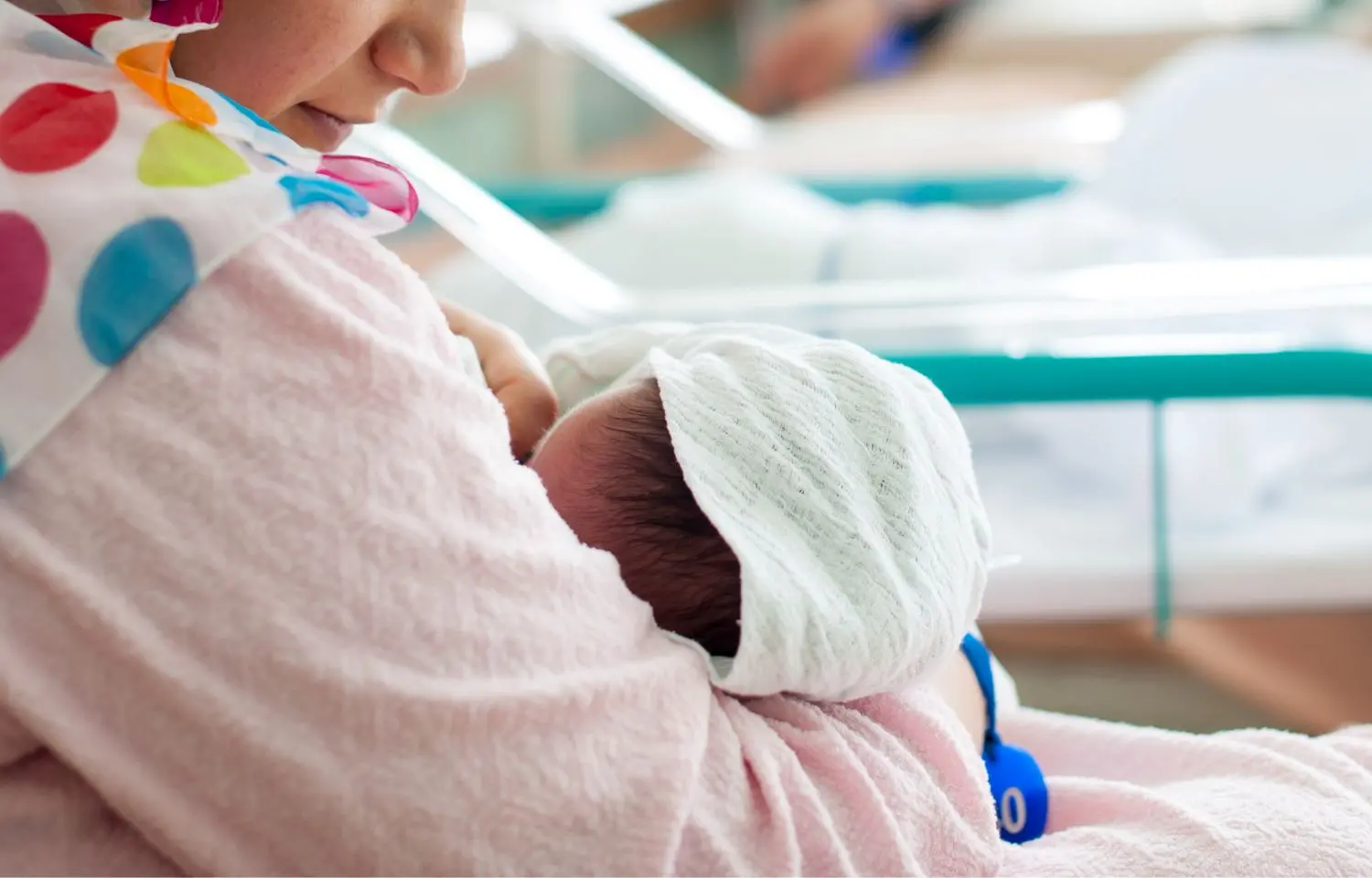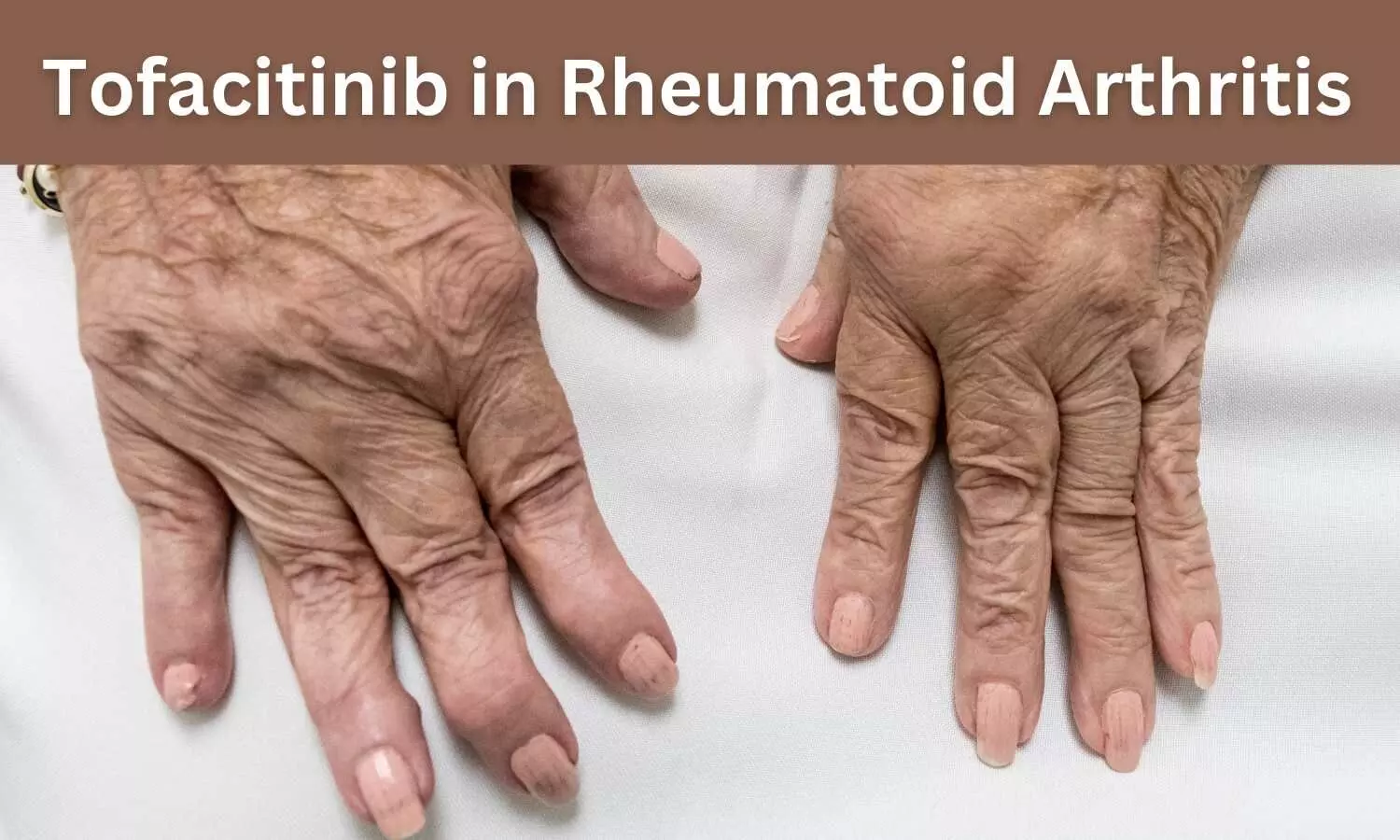- Home
- Medical news & Guidelines
- Anesthesiology
- Cardiology and CTVS
- Critical Care
- Dentistry
- Dermatology
- Diabetes and Endocrinology
- ENT
- Gastroenterology
- Medicine
- Nephrology
- Neurology
- Obstretics-Gynaecology
- Oncology
- Ophthalmology
- Orthopaedics
- Pediatrics-Neonatology
- Psychiatry
- Pulmonology
- Radiology
- Surgery
- Urology
- Laboratory Medicine
- Diet
- Nursing
- Paramedical
- Physiotherapy
- Health news
- Fact Check
- Bone Health Fact Check
- Brain Health Fact Check
- Cancer Related Fact Check
- Child Care Fact Check
- Dental and oral health fact check
- Diabetes and metabolic health fact check
- Diet and Nutrition Fact Check
- Eye and ENT Care Fact Check
- Fitness fact check
- Gut health fact check
- Heart health fact check
- Kidney health fact check
- Medical education fact check
- Men's health fact check
- Respiratory fact check
- Skin and hair care fact check
- Vaccine and Immunization fact check
- Women's health fact check
- AYUSH
- State News
- Andaman and Nicobar Islands
- Andhra Pradesh
- Arunachal Pradesh
- Assam
- Bihar
- Chandigarh
- Chattisgarh
- Dadra and Nagar Haveli
- Daman and Diu
- Delhi
- Goa
- Gujarat
- Haryana
- Himachal Pradesh
- Jammu & Kashmir
- Jharkhand
- Karnataka
- Kerala
- Ladakh
- Lakshadweep
- Madhya Pradesh
- Maharashtra
- Manipur
- Meghalaya
- Mizoram
- Nagaland
- Odisha
- Puducherry
- Punjab
- Rajasthan
- Sikkim
- Tamil Nadu
- Telangana
- Tripura
- Uttar Pradesh
- Uttrakhand
- West Bengal
- Medical Education
- Industry
Soy-based infant formula enhances bone metabolism compared to breast feeding and dairy-based infant formula

U.S.A: A new study revealed that soy-formula-fed infants have better and improved bone metabolism than breastfed and dairy-based formula infants as per the urinary biomarkers detected at 6 years of age. There were no significant differences between bone metabolism or bone mineral density between the ages of 2 and 6 years. The study results were published in The American Journal of Clinical Nutrition.
Skeletal development may be affected by early newborn nutrition. During their first year of life, the majority of babies are fed breast milk (BF), dairy (MF) - or soy-based (SF) baby formula. According to the National Health and Nutrition Examination Survey 2003–2010, 12% of babies in the United States drink baby formula made with soy. Studies examining the metabolism of bone and morphological and functional bone indices in children are sparse, despite the possibility that soy-associated isoflavones may have an impact on skeletal development. Hence researchers conducted a study to investigate the early effects of SF intake on bone metabolism and structure during the first 6 years of life by comparing infants fed BF, MF, or SF.
From 3 months to 6 years old, 433 healthy babies were monitored. Dual-energy X-ray absorptiometry (DXA, N=433) and peripheral quantitative computed tomography (pQCT, N=78) were used to evaluate the skeletal growth of children. N-terminal telopeptide of type I collagen [NTx] and osteocalcin, urinary indicators of bone metabolism, were assessed by immunoassays at 6, 24, 60, and 72 months.
Key findings:
- There were no statistically significant group differences in BMD between children who were BF, MF, or SF using DXA or pQCT.
- Children who consumed SF in infancy had significantly greater whole-body BMC measured by DXA compared to the MF group when observed at 6 years of age.
- When compared to MF boys and BF boys, six-month-old SF boys showed considerably higher levels of NTx and osteocalcin, respectively.
Thus, the trial showed how soy-fed infants had an edge over diary fed and breast-fed infants in enhanced bone metabolism.
Further reading:
Chen JR, Samuel HA, Shlisky J, et al. A Longitudinal Observational Study of Skeletal Development Between Ages 3 Months and 6 Years in Children Fed Human Milk, Milk Formula or Soy Formula [published online ahead of print, 2023 Apr 5]. Am J Clin Nutr. 2023;S0002-9165(23)46321-6. doi: 10.1016/j.ajcnut.2023.04.002
BDS, MDS
Dr.Niharika Harsha B (BDS,MDS) completed her BDS from Govt Dental College, Hyderabad and MDS from Dr.NTR University of health sciences(Now Kaloji Rao University). She has 4 years of private dental practice and worked for 2 years as Consultant Oral Radiologist at a Dental Imaging Centre in Hyderabad. She worked as Research Assistant and scientific writer in the development of Oral Anti cancer screening device with her seniors. She has a deep intriguing wish in writing highly engaging, captivating and informative medical content for a wider audience. She can be contacted at editorial@medicaldialogues.in.
Dr Kamal Kant Kohli-MBBS, DTCD- a chest specialist with more than 30 years of practice and a flair for writing clinical articles, Dr Kamal Kant Kohli joined Medical Dialogues as a Chief Editor of Medical News. Besides writing articles, as an editor, he proofreads and verifies all the medical content published on Medical Dialogues including those coming from journals, studies,medical conferences,guidelines etc. Email: drkohli@medicaldialogues.in. Contact no. 011-43720751




